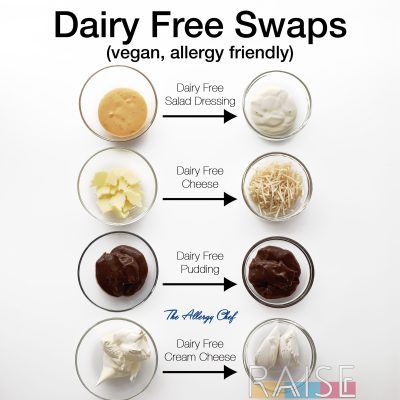
In recent years, dairy-free diets have become increasingly popular. Whether it’s due to lactose intolerance, allergies, ethical concerns, or personal health reasons, more and more people are choosing to eliminate dairy products from their diets.
Understanding Dairy-Free
When we talk about dairy-free diets, we are referring to a diet that excludes all dairy products, including milk, cheese, yogurt, and butter. This can be a significant change for many individuals, as dairy is a common ingredient in a wide variety of foods.
Health Benefits
There are several potential health benefits associated with a dairy-free diet. For individuals who are lactose intolerant or have a dairy allergy, eliminating dairy products can alleviate symptoms such as bloating, gas, and diarrhea. Some people also report improved skin health and digestion after cutting out dairy.
Calcium Considerations
One concern that comes up with dairy-free diets is the potential for calcium deficiency. Dairy products are a primary source of calcium for many people, so those following a dairy-free diet need to find alternative sources of this essential mineral. Luckily, there are plenty of non-dairy foods that are rich in calcium, such as leafy greens, almonds, and fortified plant-based milks.
Shopping and Meal Planning
Transitioning to a dairy-free diet may require some adjustments to your shopping and meal planning routines. Make sure to read ingredient labels carefully to avoid hidden dairy products, and consider trying new dairy-free recipes to keep your meals exciting and nutritious.
Seeking Professional Guidance
If you are considering switching to a dairy-free diet, it’s a good idea to consult with a healthcare provider or nutritionist. They can help you ensure that you are getting all the essential nutrients your body needs and provide personalized recommendations based on your specific health goals.
The Bottom Line
Whether you’re making the switch to a dairy-free diet for health reasons or personal beliefs, it’s essential to approach this dietary change thoughtfully and responsibly. By educating yourself about alternative sources of nutrients and seeking guidance from professionals, you can successfully navigate the challenges and reap the benefits of a dairy-free lifestyle.